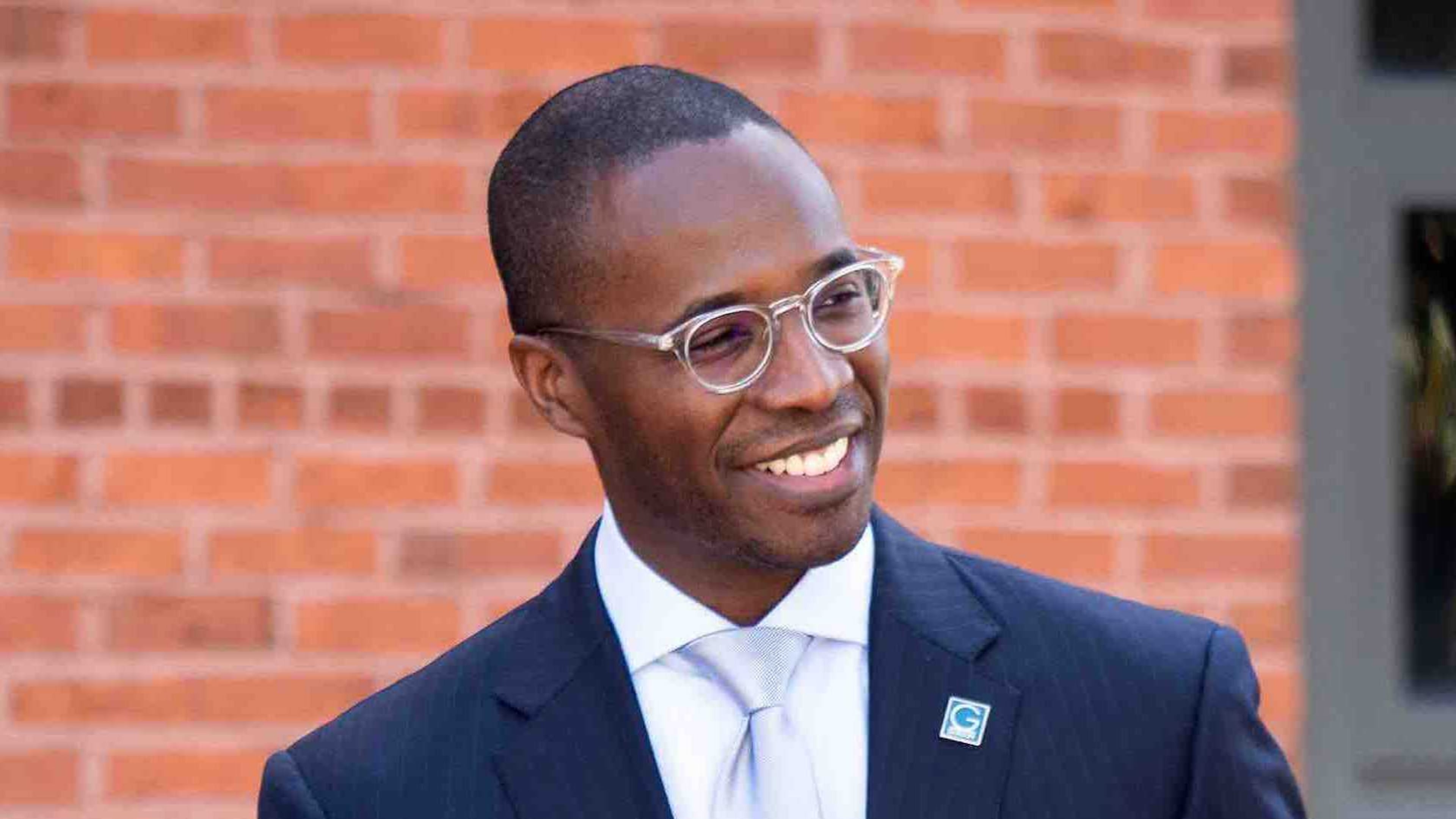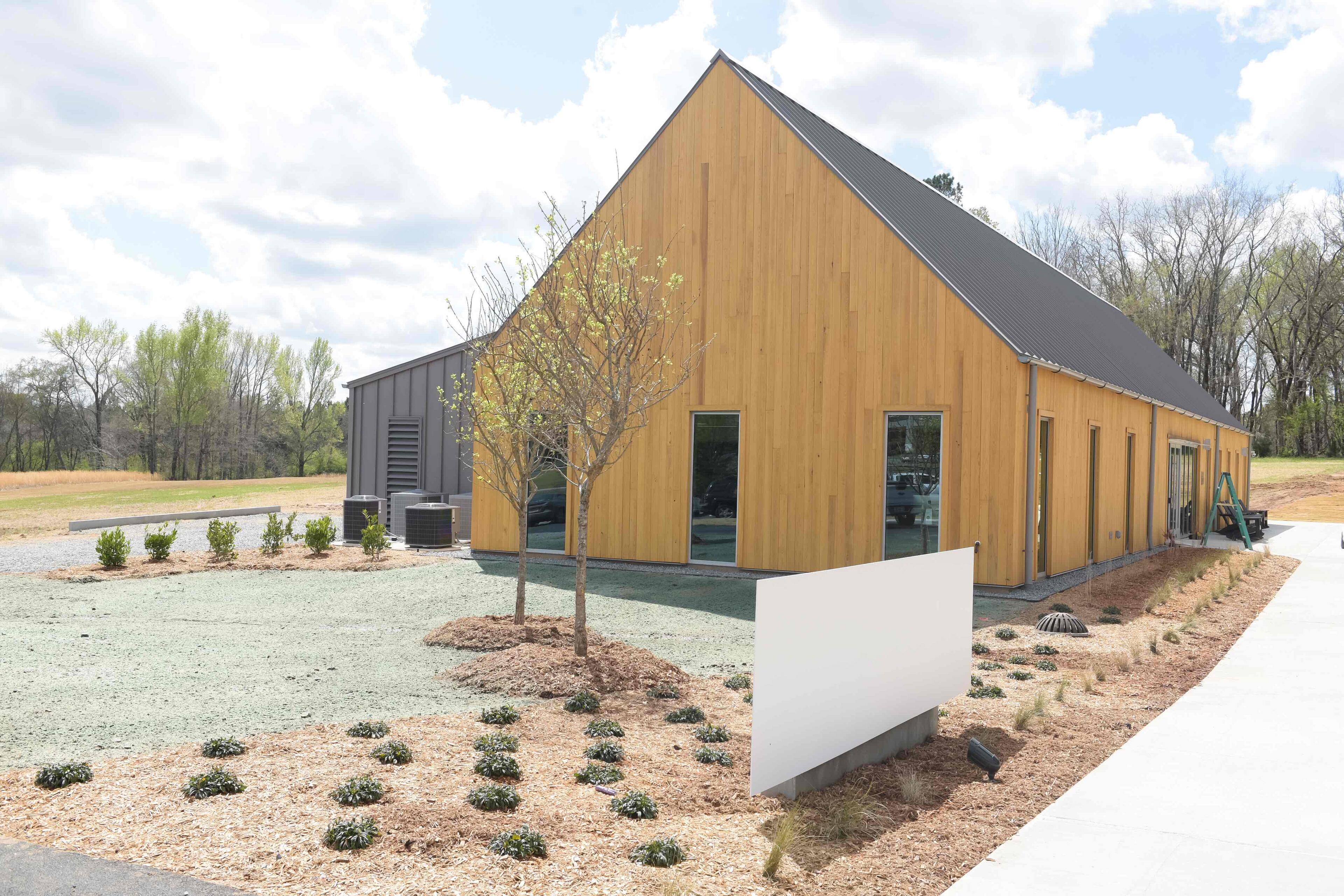AJC On Campus: Gordon State prez to leave, student loan bills advance

Lawmakers recently passed bills to repay student loans for college nursing instructors and state medical examiners. But they failed to push through similar incentives for police officers.
In this edition of AJC On Campus, we’ll give an update on the fate of legislation impacting Georgia colleges and students. We also will fill you in on some big grants awarded to schools and the latest on the presidential positions at two of Georgia’s public colleges.
Loan repayment bills
When the dust settled last week at the end of the legislative session, one of Gov. Brian Kemp’s public safety proposals had failed to move forward.
The Senate didn’t vote on House Bill 130, which aims to help recruit and retain police officers amid a statewide shortage.
The bill would provide up to $20,000 in student loan repayment over five years for full-time police officers hired in Georgia for the first time on or after Jan. 1. It also would provide student loan help for those police officers who have been employed for at least a year and who are enrolled in a criminal justice program.
The bill’s sponsor, Rep. Matthew Gambill, R-Cartersville, said he was disappointed with the outcome but glad that this is the first year in a two-year session so the bill can return next year for consideration.
But two other student loan repayment programs found success and now await Kemp’s signature.
House Bill 163 would help pay off student loans for Georgia Bureau of Investigation medical examiners, who must be licensed physicians. It would provide up to $120,000 in loan repayment over five years.
Senate Bill 246, another priority of the governor, incentivizes nursing faculty members with a master’s or doctoral degree in nursing to remain in teaching instead of leaving for potentially more lucrative nursing jobs. Officials have said one way to address Georgia’s nursing shortage is to make sure there’s enough instructors to train students who want to enter the profession.
The proposal would support nursing faculty members who are currently employed and have been employed for at least a year in a nursing program within the University System of Georgia or the Technical College System of Georgia. They would be eligible for up to $100,000 in student loan repayments over five years.
Zell Miller test scores
The ACT test score that students need to qualify for the Zell Miller Scholarship, the merit-based tuition award for Georgia students, could change if Kemp signs House Bill 607.
Lawmakers approved the measure on the final day of the legislative session.
Currently, students must receive a score of at least 1200 on the SAT or a 26 on the ACT to be eligible for the scholarship, in addition to having at least a 3.7 high school grade-point average.
The bill, which passed both chambers, would allow the Georgia Student Finance Commission to annually determine the required ACT score using a 1200 score on the SAT as the equivalent. Lawmakers previously said that a student who scores a 1200 on the SAT is in roughly the 75th percentile of test-takers, while a 26 score on the ACT is about the 82nd percentile. To make the scores equivalent, the required ACT score should be lowered to a 25.
Departing president

Kirk Nooks, president of Gordon State College, is leaving the school.
Nooks notified the Barnesville college community in a mid-March email, in which he said he was stepping down “to accept a new opportunity.” A few days later, the Council on Occupational Education, an Atlanta-based accrediting agency, named him its next president and chief executive officer.
Nooks started as president of Gordon State in 2018. The college enrolled 3,144 students as of last fall, according to the University System of Georgia.
Gordon State confirmed his departure, effective May 19. The University System expects to make an announcement soon regarding the plan for filling the position.
Dalton State’s presidential search
Speaking of presidential searches, the Georgia Board of Regents has formed a committee to find the next leader for Dalton State College.
The group will conduct a national search for a president to succeed Margaret Venable, who will retire this summer after about eight years in the role.
The search committee will be led by Board of Regents member Lowery May and includes the board’s chair, Harold Reynolds, and board member Tom Bradbury.
“Dalton State is a critical partner for the success of local and regional industry as it makes sure graduates have the real skills our businesses need to grow and prosper,” May said in a written statement. “I’m looking forward to working with the committee to find a dynamic leader who can expand these kinds of connections while continuing to support the college’s outstanding academic programs.”
The search committee also includes faculty members and representatives from the student government association, the Greater Dalton Chamber of Commerce and the Latin American Association.
Dalton State was the first public school in Georgia to be designated as a Hispanic Serving Institution. Those are colleges where at least a quarter of the students are Hispanic. Just over 35% of the 4,535 students enrolled at Dalton State as of last fall are Hispanic.
The Board of Regents will make the final decision on whom to hire.
Georgia Gwinnett’s new building
Georgia Gwinnett College is constructing a three-story, 72,280-square-foot convocation center.
The school will break ground on the new Lawrenceville building on Tuesday. The facility will include a basketball arena and event space for 2,800 people, as well as a fitness center.
The center is part of a state-funded $48.3 million project that also includes the establishment of a central campus energy plant.
Big grants
Several schools recently received big checks for their academic endeavors.
Agnes Scott College was awarded $1,024,940 in federal funding for digital learning efforts.
The award, announced by U.S. Rep. Nikema Williams, D-Atlanta, will be used to prepare students with digital skills they’ll need for their careers. The project includes updating classroom technology and improving resources at the school’s Center for Digital and Visual Literacy.
Williams this week also announced $2 million in federal dollars to the Atlanta University Center Consortium, the group of historically Black colleges that includes Clark Atlanta University and Morehouse and Spelman colleges. That money is targeted to fund the opening of the consortium’s Center for Excellence in Public Service. The center will work to increase diversity among the public sector workforce.
At Clayton State University, a $425,000 NASA grant will be used to organize NASA-themed summer programs for minority high school students. A residential camp there will give teens a chance to experience college life and explore research and artificial intelligence technology. Participants will stay on campus and learn from Clayton State professors.
At the University of Georgia, a $1 million grant from the Arthur M. Blank Family Foundation will support the operations of the Fontaine Center. The center provides prevention, early intervention and recovery help for students dealing with alcohol and drug issues. It also offers programs that address sexual violence.
A $4.2 million grant to the Morehouse School of Medicine will be used to promote digital health equity. The funding is from the National Telecommunications and Information Administration, part of the U.S. Department of Commerce.
Officials said the funding will help to expand technology offerings and broadband internet for students plus improve telehealth access in Atlanta’s West End, where the medical school is located.
Literary landmark

A new interpretive center at Georgia College & State University will give admirers of author Flannery O’Connor insight into her work.
Andalusia Farm, O’Connor’s home during her most productive writing years, was given to her alma mater in 2017 and serves as a museum. O’Connor, whose notable short stories include “A Good Man Is Hard to Find,” lived on the Milledgeville property from 1951 until she died in 1964.
The 5,300-square-foot center features space for exhibits and room to store artifacts.
“For fans, the improvement is twofold,” said Matt Davis, the college’s director of museums. “It will improve and continue to enhance what you can experience about the life of Flannery O’Connor at Andalusia, and it also helps us to take all the non-original functions out of the house museum and re-create the environment Flannery knew when she lived there.”
AI at Emory
Emory University is launching a new academic program this fall in artificial intelligence.
The private school in Atlanta said students from all disciplines will be able to minor in artificial intelligence. The program will include computer science courses and also explore algorithmic techniques, data analytics and ethics.
Ravi Bellamkonda, Emory’s provost and executive vice president for academic affairs, said the program will draw from the humanities, social sciences, business, health care and the law and will provide students “with academic and practical knowledge of AI.”
Decatur stories

Savannah College of Art and Design students are collecting stories to mark the city of Decatur’s bicentennial.
Students will be speaking to and recording residents for the 200 Stories Initiative, which officials describe as a way to create an archive of the city’s history.
Students will make the in-person recordings at Legacy Park, 500 S. Columbia Drive, through May 14. They’ll be at the park from 4-8 p.m. Wednesdays and from 11 a.m. to 3 p.m. Saturdays.
Those who want to participate and share a story can schedule a time by emailing 200stories@decaturga.com or they can just show up during the project hours.
If you have any higher education tips or thoughts, email higher education reporter Vanessa McCray at vanessa.mccray@ajc.com.



